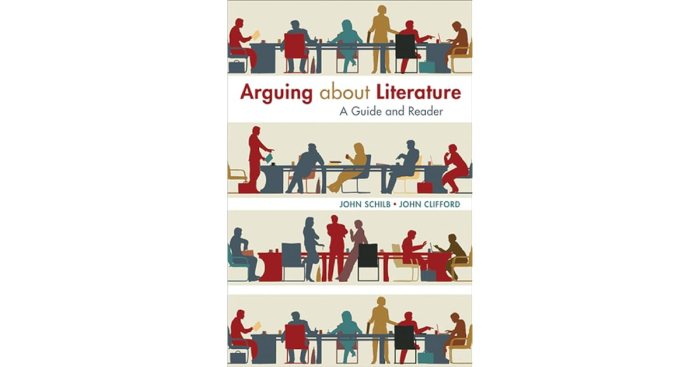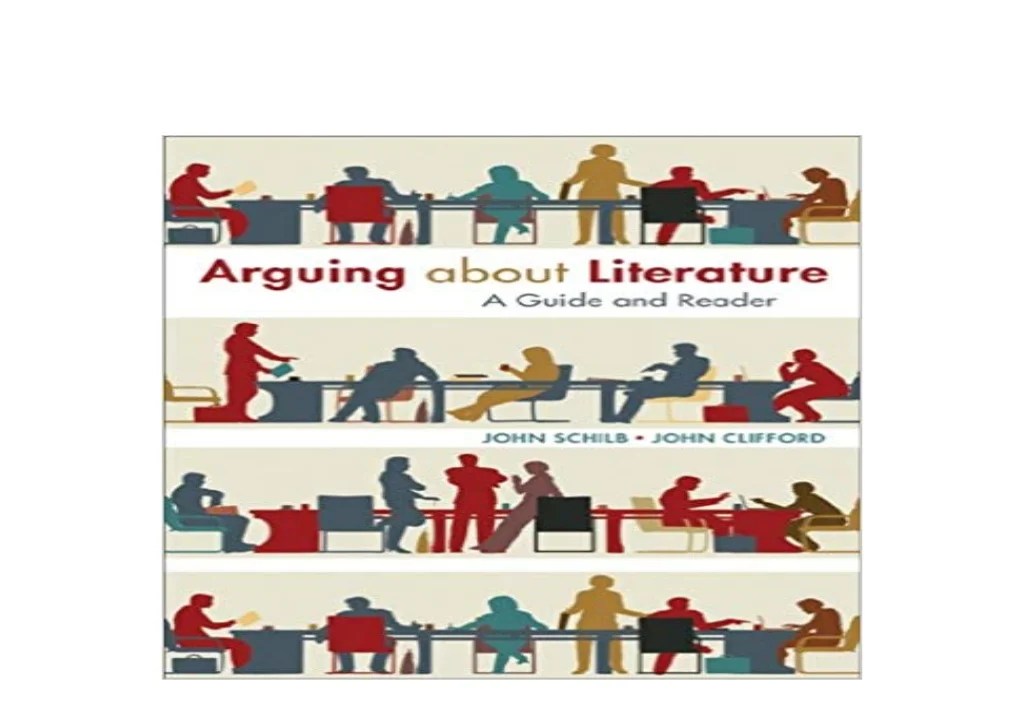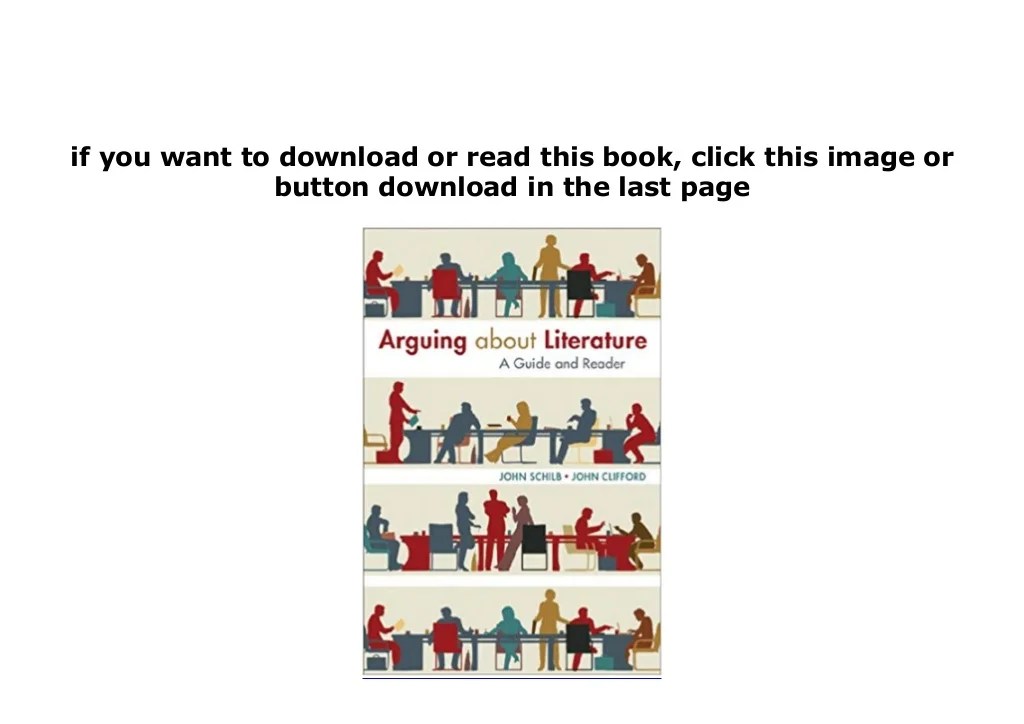Arguing about literature 3rd edition pdf free – Embark on a literary odyssey with “Arguing About Literature, 3rd Edition” PDF, a definitive guide to the art of literary analysis. This indispensable resource empowers readers with the critical thinking skills and analytical tools necessary to engage in meaningful discussions about literature.
Delve into the core concepts of literary analysis, including thesis statements, evidence, and interpretation. Explore the profound influence of context on literary arguments and discover effective strategies for constructing persuasive arguments.
Introduction

Arguing About Literature, 3rd Edition provides a comprehensive guide to the critical analysis and argumentation of literary texts. It emphasizes the importance of critical thinking and analysis in literary discussions, equipping readers with the tools to construct well-reasoned and persuasive arguments about literature.
Through engaging examples and practical exercises, the book introduces key concepts such as thesis statements, evidence, interpretation, and context. It demonstrates effective strategies for constructing literary arguments, considering different perspectives and interpretations, and addressing counterarguments.
Key Concepts
Thesis Statement
A thesis statement is a concise, arguable statement that expresses the main claim or argument of a literary analysis essay. It should be specific, focused, and supported by evidence from the text.
Evidence
Evidence refers to specific examples, quotations, or details from the literary text that support the claims made in the argument. Evidence should be relevant, accurate, and sufficient to support the thesis statement.
Interpretation
Interpretation refers to the process of analyzing and understanding the meaning and significance of a literary text. It involves considering the text’s context, literary devices, and the author’s intent.
Context
Context plays a crucial role in shaping literary arguments. It includes the historical, cultural, and biographical factors that influence the interpretation of a literary text.
Strategies for Argumentation
Arguing About Literature, 3rd Edition provides effective strategies for constructing literary arguments. These include:
- Using evidence to support claims
- Addressing counterarguments
- Considering different perspectives and interpretations
- Organizing arguments logically and coherently
The book emphasizes the importance of anticipating and addressing potential objections to the argument, as well as considering alternative interpretations of the text.
Sample Arguments
The book includes sample literary arguments to demonstrate the application of key concepts and strategies. These arguments are analyzed in detail, highlighting their strengths and weaknesses. Readers are encouraged to evaluate the arguments critically and consider how they could be improved.
By examining sample arguments, readers gain a deeper understanding of the process of constructing and evaluating literary arguments.
Writing and Editing, Arguing about literature 3rd edition pdf free
Arguing About Literature, 3rd Edition provides guidance on the process of writing a literary argument essay. It covers:
- Structuring an essay
- Developing a thesis statement
- Using evidence effectively
- Editing and revising written arguments
The book offers practical tips and techniques for writing clear, concise, and persuasive literary arguments.
Resources for Further Study
The book concludes with a list of resources for further exploration of literary argumentation. These include:
- Books
- Articles
- Online databases
Readers are encouraged to consult these resources to expand their knowledge and understanding of literary argumentation.
FAQ Corner: Arguing About Literature 3rd Edition Pdf Free
What are the key elements of a literary argument?
A literary argument typically consists of a thesis statement, evidence from the text, and an interpretation that connects the evidence to the thesis.
How can I strengthen my literary arguments?
Support your claims with specific evidence from the text, consider counterarguments, and acknowledge different perspectives.
What is the role of context in literary analysis?
Context, including the historical, cultural, and biographical factors surrounding a work, can provide valuable insights into its meaning and significance.

